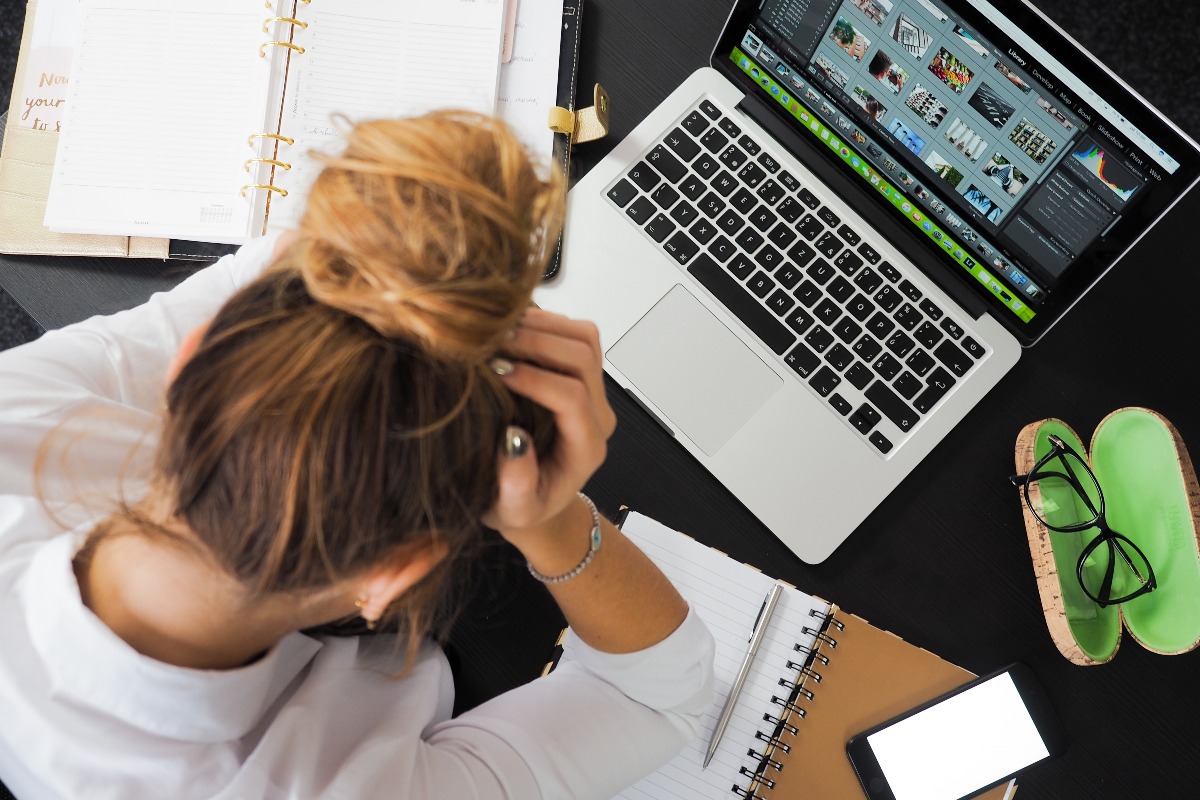
OLYMPUS DIGITAL CAMERA
The cliche of washing the whole day away with an alcoholic beverage dominates the world today. Commercials, movies, TV shows, and social media all seem to clamor around the idea that the only way to relax is to have a drink or two. For some of us, however, that drink can quickly become three — or ten. The idea that alcohol is an effective means of relaxing and coping with anxiety is a myth. In the long run, alcohol can have the opposite effect.
Alcohol as a Coping Mechanism
People use alcohol as a coping mechanism for a variety of complex reasons. It can be uncomfortable to examine the reasons behind excessive alcohol consumption, but it can also open the door to healing.
Learning how to stop using alcohol as a crutch begins with exploring deep-rooted emotions and traumas. In addition, you need to know why using alcohol to escape isn’t healthy and discover an alternate method to cope with issues. These actions may help you establish a healthy relationship with alcohol, regardless of your present habits or future aspirations.
When you finally quit using alcohol as a crutch, you’ll need to examine your innermost feelings and traumas. In addition, you’ll need to understand why using alcohol to cope is harmful and how you can cope in a healthier manner instead.
Reasons We Use Alcohol as a Coping Mechanism
Many people who use alcohol to cope are searching for a means to escape and unwind. This habit seems harmless at first glance, but it is actually detrimental. Drinking alcohol as a coping mechanism can seem harmless until it isn’t. It blocks negative emotions, such as shame, anxiety, or depression, without curing them. It might also intensify negative feelings and worsen co-existing conditions such as depression and anxiety.
We are all struggling with the collective trauma of our present times, which makes it hard to identify a healthy method of coping. Each of us has our own private trauma. Unfortunately, one of the most common approaches to feeling better is to drink alcohol.
It’s crucial to allow yourself the grace to understand what you’re experiencing. Winding down from a long week with a glass of wine or drinking excessively on the weekend to block out the stresses of the world may seem like typical escape strategies. However, the best method to deal with stressors is to confront them directly.
It’s Not a Healthy Plan
Coping with alcohol is not a healthy strategy. Studies show that drinking leads to an increase in anxiety symptoms because of the constant pursuit of relaxation. Your mind, body, and soul may become disconnected, resulting in increased pain as a consequence.
When your daily stress level rises, the amount of alcohol you consume to relax or mask your feelings often rises as well. Drinking alcohol might seem like an effective coping strategy, but it can negatively impact your productivity, your relationships with other people, your self-esteem, your physical health, and much more.
Getting through life can feel overwhelming and, at times, lonely. The urge to lean on drugs or alcohol as a means of tackling the day is strong and can quickly get out of control. Alcohol, though it may seem like it briefly, isn’t making life easier. In fact, it’s only making it worse. If you think you may have a problem with alcohol abuse or would like to learn more about healthy coping practices, please call The Guest House at (855) 483-7800.